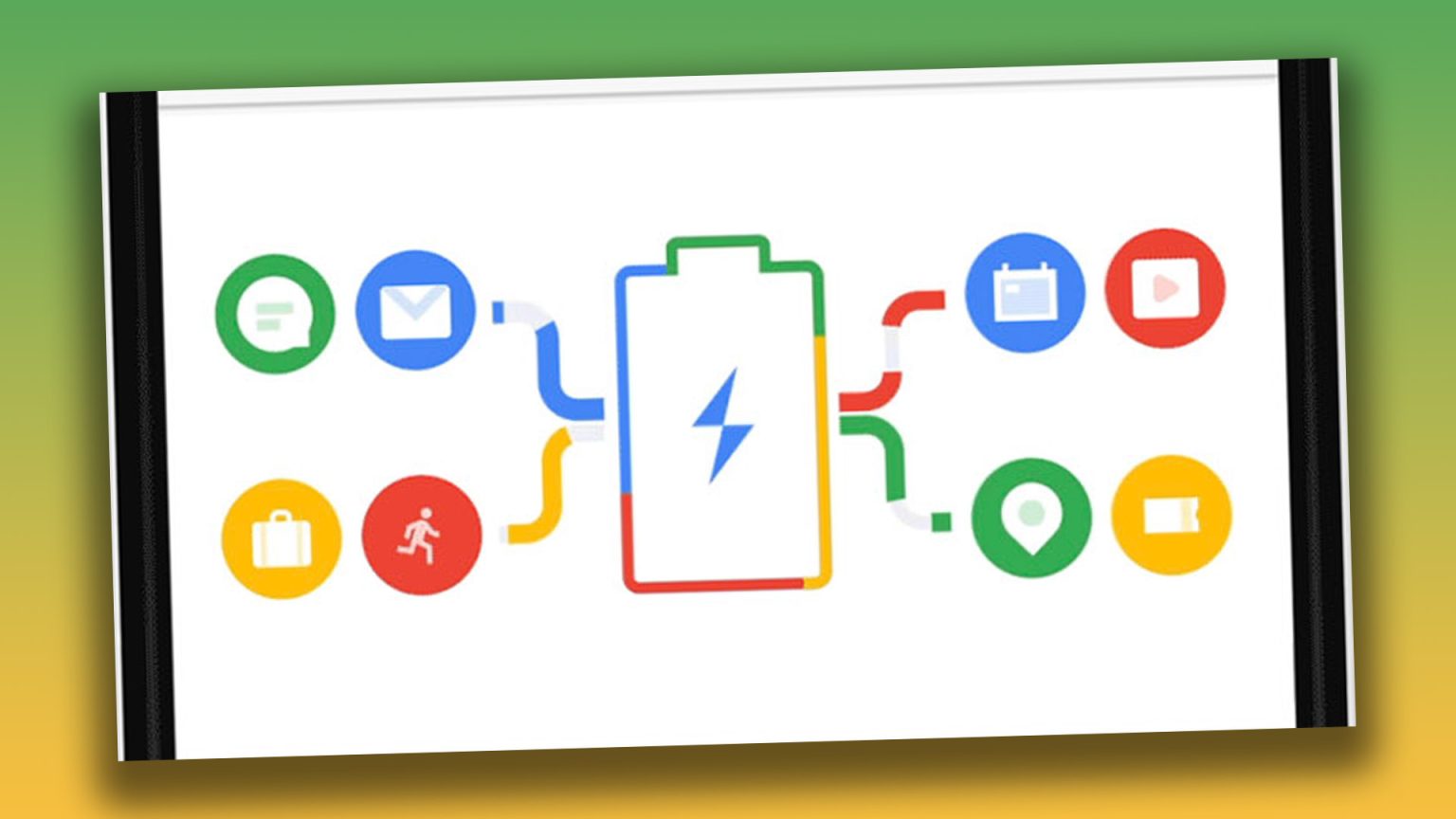The Google Pixel 4a, a budget-friendly smartphone released in 2020 renowned for its impressive AI camera capabilities, is facing a battery performance predicament following an impending Android 13 update. Scheduled for automatic rollout on January 8, 2025, this update introduces new battery management features that, while intended to enhance stability, will inadvertently reduce the battery life of some Pixel 4a devices. This means users of impacted devices can expect shorter periods between charges, potentially disrupting their daily usage patterns. Google has acknowledged the issue, establishing a dedicated help page titled “Pixel 4a Battery Performance Program” and proactively emailing affected device owners to inform them of the situation.
The impact of the Android 13 update is not uniform across all Pixel 4a devices. While some users will experience a noticeable decline in battery performance, others will see no change. Specifically, some affected devices will not only experience reduced battery life but may also encounter slower charging times and inconsistencies in the accuracy of the battery level indicator. This variability in impact has led Google to implement a screening process, requiring users to verify their device’s eligibility for compensation by entering their IMEI number on a dedicated webpage. Users can easily locate their IMEI number within their phone’s settings, under “About phone.”
Google is offering several forms of “appeasement” to owners of impacted Pixel 4a devices. These options include a free battery replacement, providing a direct remedy for the reduced battery life. Alternatively, users can choose a $50 cash payment or a $100 credit towards the purchase of another Pixel phone from the Google Store. This tiered approach allows users to select the compensation that best suits their needs, whether it be a direct fix for their current device or an incentive to upgrade to a newer model.
The underlying cause of this battery performance issue remains undisclosed by Google. However, industry observers have drawn parallels to Apple’s “batterygate” controversy, a situation that resulted in a substantial legal settlement. While the specifics of the Pixel 4a issue differ, the core problem of a software update negatively impacting battery performance evokes similar concerns regarding transparency and consumer impact. This lack of detailed explanation from Google leaves room for speculation and underscores the importance of thorough testing and communication surrounding software updates, particularly those that affect crucial aspects of device functionality like battery life.
The automatic nature of the Android 13 update presents a challenge for Pixel 4a owners. Unlike optional updates, users cannot avoid installing this update, meaning those with affected devices will inevitably experience the reduced battery performance unless they opt for a battery replacement. This lack of user control over the update process highlights the potential downsides of automatic updates, particularly when unforeseen issues arise. Although designed to streamline the update process and ensure devices benefit from the latest features and security patches, automatic updates can also expose users to unintended consequences, such as the battery issues affecting the Pixel 4a.
This situation underscores the crucial role of software testing and quality assurance in mitigating the risk of negative impacts from software updates. While the goal of updates is to improve device functionality and security, unforeseen issues can arise, affecting user experience. Proactive communication with users, like the emails sent by Google, is essential in addressing such issues and offering appropriate solutions. The variety of compensation options provided by Google, from battery replacements to monetary incentives, demonstrates a commitment to mitigating the inconvenience caused by this issue. However, the lack of clarity regarding the root cause of the problem leaves room for improvement in terms of transparency and could potentially erode consumer trust.




